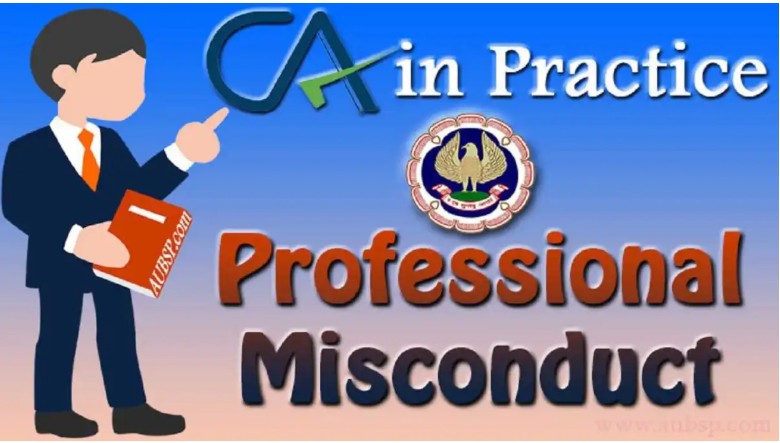Sanjay K. Agrawal, J
1. The trial Court by the impugned order has decided issue No.4, whether the suit for specific performance is barred under Order 2 Rule 2 of the
CPC, against which this writ petition has been filed.
2. Learned counsel for the petitioner / plaintiff submits that the trial Court is absolutely unjustified in answering issue No.4 against the plaintiff and in
favour of the defendants.
3. Learned counsel for respondent No.2 would support the impugned order.
4. I have heard learned counsel for the parties.
5. The fact remains that the trial Court has dismissed the suit finally, though under Order 2 Rule 2(3) of the CPC, and dismissal of suit has the force of
decree and remedy of the petitioner / plaintiff is to file appeal under Order 96 read with Section 41 of the CPC.
6. The Supreme Court in the matter of Rishabh Chand Jain v. Ginesh Chandra Jain (2016) 6 SCC 67Â5 has held that order rejecting application under
Order 7 Rule 11 of the CPC has a force of decree and the only remedy is appeal under Section 96 read with Section 41 of the CPC and no revision
lies under Section 115 of the CPC.
7. Likewise, the question as to whether the order rejecting the plaint would have force of decree and would be covered by Section 2(2) of the CPC
also came up for consideration before the Supreme Court in the matter of Shamsher Singh v. Rajinder Prashad and others (1973) 2 SCC 524Â in
which Their Lordships have held as under: -
3. ... In the present case the plaint was rejected under Order 7, Rule 11 of the C.P.C. Such an order amounts to a decree under Section 2(2) and
there is a right of appeal open to the plaintiff.
8. The Supreme Court in the matter of Rajni Rani and another v. Khairati Lal and others (2015) 2 SCC 682 has held that order of dismissal of
counterclaim on ground of being barred under Order 2 Rule 2 of the CPC amounts to decree. It has been observed as under: -
13. ... When an opinion is expressed holding that the counterclaim is barred by principles of Order 2 Rule 2 CPC, it indubitably adjudicates the
controversy as regards the substantive right of the defendants who had lodged the counterclaim. It cannot be regarded as an ancillary or incidental
finding recorded in the suit.
16. We have referred to the aforesaid decisions to highlight that there may be situations where an order can get the status of a decree. A court may
draw up a formal decree or may not, but if by virtue of the order of the court, the rights have finally been adjudicated, irrefutably it would assume the
status of a decree. As is evincible, in the case at hand, the counterclaim which is in the nature of a cross-suit has been dismissed. Nothing else
survives for the defendants who had filed the counterclaim. Therefore, we have no hesitation in holding that the order passed by the learned trial
Judge has the status of a decree and the challenge to the same has to be made before the appropriate forum where appeal could lay by paying the
requisite fee. It could not have been unsettled by the High Court in exercise of the power under Article 227 of the Constitution of India. Ergo, the
order passed by the High Court is indefensible.
9. In view of the provisions contained in the CPC and the authoritative pronouncement of the Supreme Court in Shamsher Singh (supra), Rishabh
Chand Jain (supra) and Rajni Rani (supra), I unhesitatingly and unreservedly hold that against the order rejecting a plaint under Order 2 Rule 2 of the
CPC by trial court, the only remedy to the plaintiff against the order is to file first appeal under Section 96 read with Section 41 of the CPC, as such,
the writ petition filed is not maintainable.
10. As a fallout and consequence of the aforesaid discussion, the writ petition as framed and filed is dismissed as not maintainable reserving liberty in
favour of the plaintiff / petitioner to file appeal in accordance with law. No order as to cost(s).
11. Certified copy of the impugned order and other relevant documents be returned to learned counsel for the petitioner on his furnishing attested
photocopies of the same.

